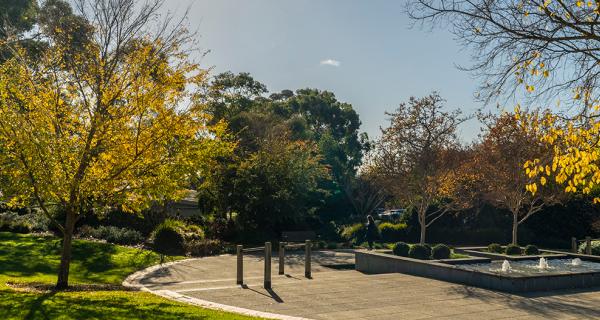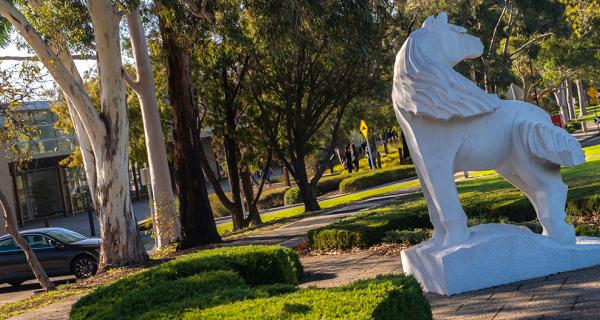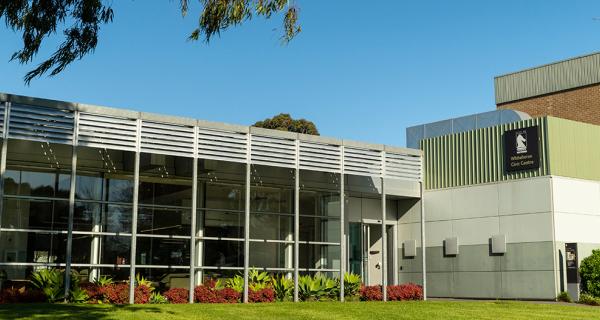Council meetings are open to the public and commence at 7.00pm in the Council Chamber, Whitehorse Civic Centre, 379 Whitehorse Road, Nunawading.
Council Meetings are recorded and can be viewed via Council's live stream platform, or viewed as an archived meeting after the event, with video recordings available within 48 hours of the meeting.
Council meetings are conducted in accordance with the adopted Governance Rules. ( PDF 1.53MB)
Public Participation in Council Meetings
You can participate in a Council meeting by:
- Requests to speak: Request to speak regarding a matter on the Council meeting agenda or any matter you would like to present
- Public Questions: Submit up to two questions to be answered at a Council meeting
- Petitions: Present a petition to Council for consideration regarding a matter for action
For further information, please contact the Governance team at council.meetings@whitehorse.vic.gov.au or telephone (03) 9262 6578.









